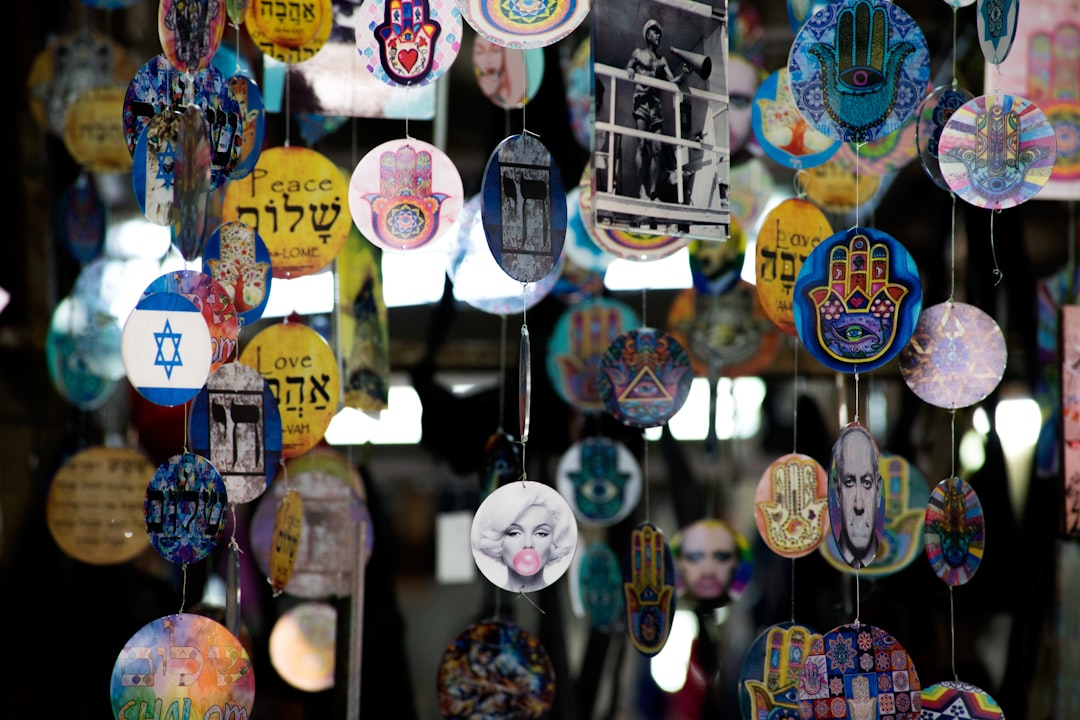What is it about?
The Mbendjele BaYaka are a hunter-gatherer society. We analysed interactions between caregivers and infants/toddlers. Infants received around 9 hours of attentive care and physical contact over a 12 hour period. Caregivers virtually always offered a soothing response within 25 seconds of a child crying. Babies had up to 18 caregivers; as such, mothers were only responsible for providing around half of a child's care. Although children had large caregiving networks, they had a handful of core carers who provided the majority of their care.
Featured Image

Photo by Polina Koroleva on Unsplash
Why is it important?
The majority of research into caregiving and psychological development has been conducted with industrialised populations. This has led to a poor understanding of the nature and provision of care in cultures where there is extensive caregiving by individuals other than the biological parents (alloparents). Given that we lived as hunter-gatherers for the vast majority of our evolutionary history, it is possible that studying contemporary hunter-gatherers can give an insight into the childrearing pratices that we may be psychologically adapted to. The results have implications for the provision of childcare support for mothers as well as policy and funding for formal childcare and institutional care facilities.
Perspectives
Collaborative childrearing has been fundamental to our success as a species. Unfortunately, in many Western high-income populations mothers are not getting the support they need and deserve.
Nikhil Chaudhary
University of Cambridge
Read the Original
This page is a summary of: Sensitive responsiveness and multiple caregiving networks among Mbendjele BaYaka hunter-gatherers: Potential implications for psychological development and well-being., Developmental Psychology, November 2023, American Psychological Association (APA),
DOI: 10.1037/dev0001601.
You can read the full text:
Contributors
The following have contributed to this page










